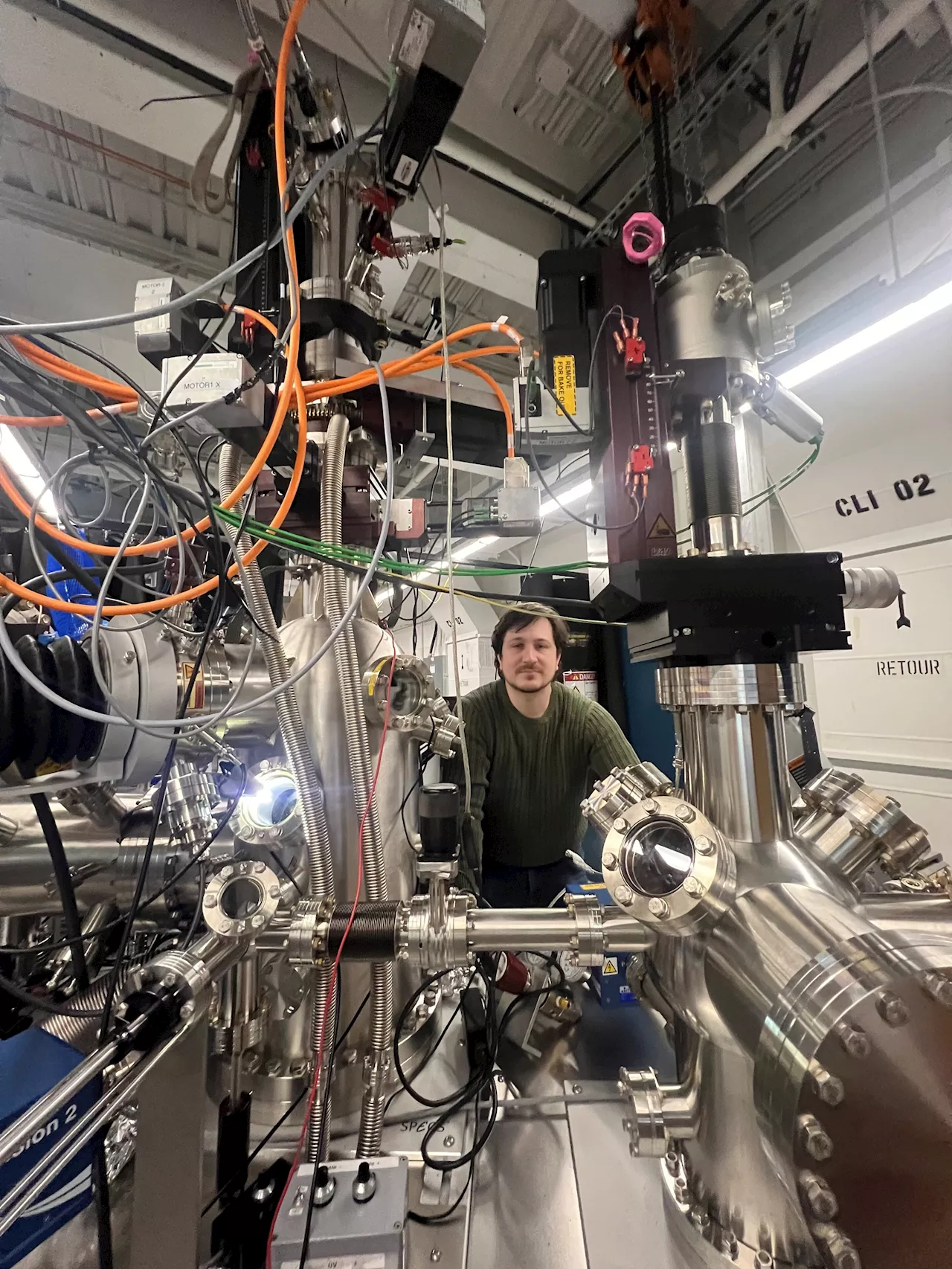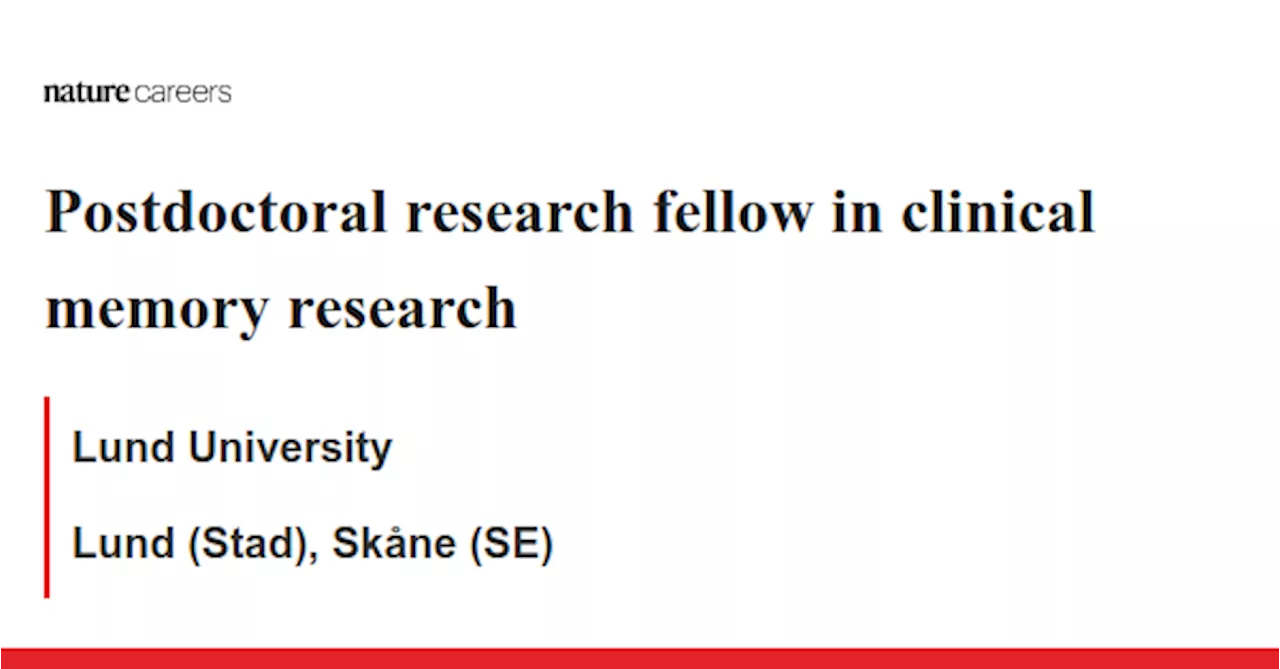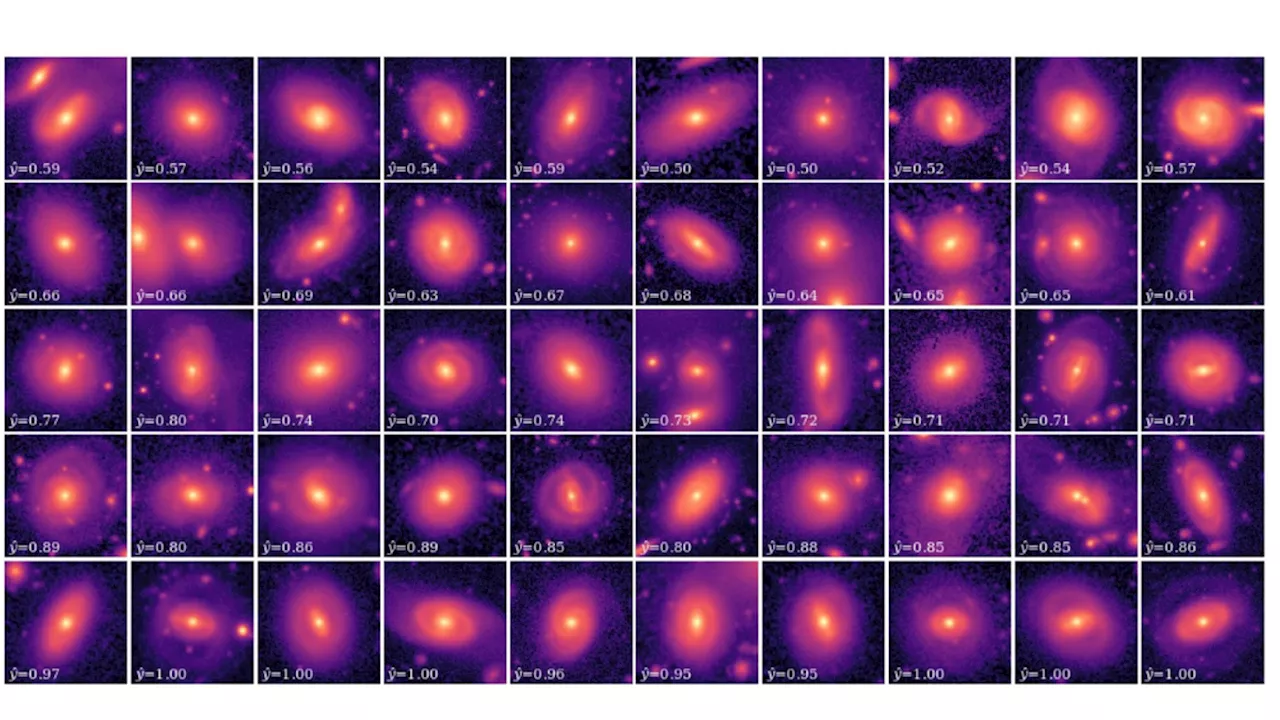Science, Space and Technology News 2024
This is an artist’s concept of the exoplanet GJ 9827d, the smallest exoplanet where water vapor has been detected in the atmosphere. The planet could be an example of potential planets with water-rich atmospheres elsewhere in our galaxy. With only about twice Earth’s diameter, the planet orbits the red dwarf star GJ 9827. Two inner planets in the system are on the left. The background stars are plotted as they would be seen to the unaided eye looking back toward our Sun.
. These observations were part of a broader program led by Brande’s adviser, Ian Crossfield, associate professor of physics & astronomy at KU, to observe the atmospheres of Neptune-sized exoplanets. “The goal is to explore the physical explanations behind the distinct appearances of these planets,” Brande said.
According to Brande, when these aerosols are present high in the atmosphere, there’s no clear path for light to filter through. Brande and his co-authors approached their analysis differently than previous efforts by focusing on determining the physical parameters of the small-Neptune atmospheres. In contrast, previous analyses often involved fitting a single model spectrum to observations.
United Kingdom Latest News, United Kingdom Headlines
Similar News:You can also read news stories similar to this one that we have collected from other news sources.
 Research team designs new porous materials to advance environmental remediation researchIn a landmark achievement, the Functional Materials Group (FMG) led by Prof. Dr. Bassam Alameddine, has propelled porous materials research to new horizons.
Research team designs new porous materials to advance environmental remediation researchIn a landmark achievement, the Functional Materials Group (FMG) led by Prof. Dr. Bassam Alameddine, has propelled porous materials research to new horizons.
Read more »
 Powerful new tool ushers in new era of quantum materials researchResearch in quantum materials is paving the way for groundbreaking discoveries and is poised to drive technological advancements that will redefine the landscapes of industries like mining, energy, transportation, and medtech.
Powerful new tool ushers in new era of quantum materials researchResearch in quantum materials is paving the way for groundbreaking discoveries and is poised to drive technological advancements that will redefine the landscapes of industries like mining, energy, transportation, and medtech.
Read more »
 Powerful new tool ushers in new era of quantum materials researchResearch in quantum materials is paving the way for groundbreaking discoveries and is poised to drive technological advancements that will redefine the landscapes of industries like mining, energy, transportation, and medtech.
Powerful new tool ushers in new era of quantum materials researchResearch in quantum materials is paving the way for groundbreaking discoveries and is poised to drive technological advancements that will redefine the landscapes of industries like mining, energy, transportation, and medtech.
Read more »
 Postdoctoral research fellow in clinical memory research - Lund (Stad), Skåne (SE) job with Lund UniversityPostdoctoral research fellow in clinical memory research, focused on proteomics in neurodegenerative diseases Lunds universitet, Medicinska fakulteten, Institutionen för kliniska vetenskaper Malmö Lund University was founded in 1666 and is repeatedly ranked among the world’s top universities.
Postdoctoral research fellow in clinical memory research - Lund (Stad), Skåne (SE) job with Lund UniversityPostdoctoral research fellow in clinical memory research, focused on proteomics in neurodegenerative diseases Lunds universitet, Medicinska fakulteten, Institutionen för kliniska vetenskaper Malmö Lund University was founded in 1666 and is repeatedly ranked among the world’s top universities.
Read more »
 Citizen scientists and AI take a cosmic cruise to discover 430,000 new galaxiesRobert Lea is a science journalist in the U.K. whose articles have been published in Physics World, New Scientist, Astronomy Magazine, All About Space, Newsweek and ZME Science. He also writes about science communication for Elsevier and the European Journal of Physics. Rob holds a bachelor of science degree in physics and astronomy from the U.K.
Citizen scientists and AI take a cosmic cruise to discover 430,000 new galaxiesRobert Lea is a science journalist in the U.K. whose articles have been published in Physics World, New Scientist, Astronomy Magazine, All About Space, Newsweek and ZME Science. He also writes about science communication for Elsevier and the European Journal of Physics. Rob holds a bachelor of science degree in physics and astronomy from the U.K.
Read more »
 New revelations could lead to cosmic distance measurement consensusA recent study refines cosmic distance measurements using red giants' oscillations, promising insights into the universe's evolution.
New revelations could lead to cosmic distance measurement consensusA recent study refines cosmic distance measurements using red giants' oscillations, promising insights into the universe's evolution.
Read more »
